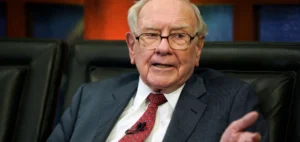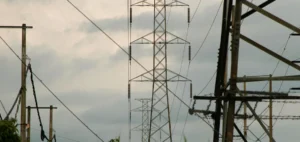Tesla’s first electric trucks are due to be delivered in early December to PepsiCo in California, the food group confirmed to AFP on Friday, the day after an announcement by the manufacturer’s chief executive, Elon Musk.
PepsiCo said it expects to receive Tesla semi-trucks on Dec. 1 that it plans to use to service its Modesto Frito-Lay (a snack brand) and Sacramento beverage plants, both in California.
Solicited by the AFP, the group of Purchase (State of New York) did not wish to communicate the number of trucks which it waited.
On Thursday, in a message posted on his Twitter account, Elon Musk said he was “excited to announce the start of Tesla seedling production, with deliveries (scheduled) to Pepsi on December 1.”
According to the manufacturer’s boss, these vehicles will have a range of just over 800 km.
Initially announced for full-scale production as early as 2019, Tesla’s electric truck has been delayed and its rollout pushed back several times.
In the meantime, the start-up Nikola has delivered the first examples of its Tre battery-electric vehicle (BEV) at the end of 2021, but its production is, for the moment, limited to a few dozen examples.
Many manufacturers are developing their own models, including the Swedish-British start-up Vola Trucks, which is aiming for mass production from the end of 2022.
Last month, global heavy-duty truck leader Daimler Truck on Sunday introduced its first all-electric truck, dubbed the “eActros LongHaul,” with a 40-ton payload capacity, which it plans to put into mass production in 2024.






















